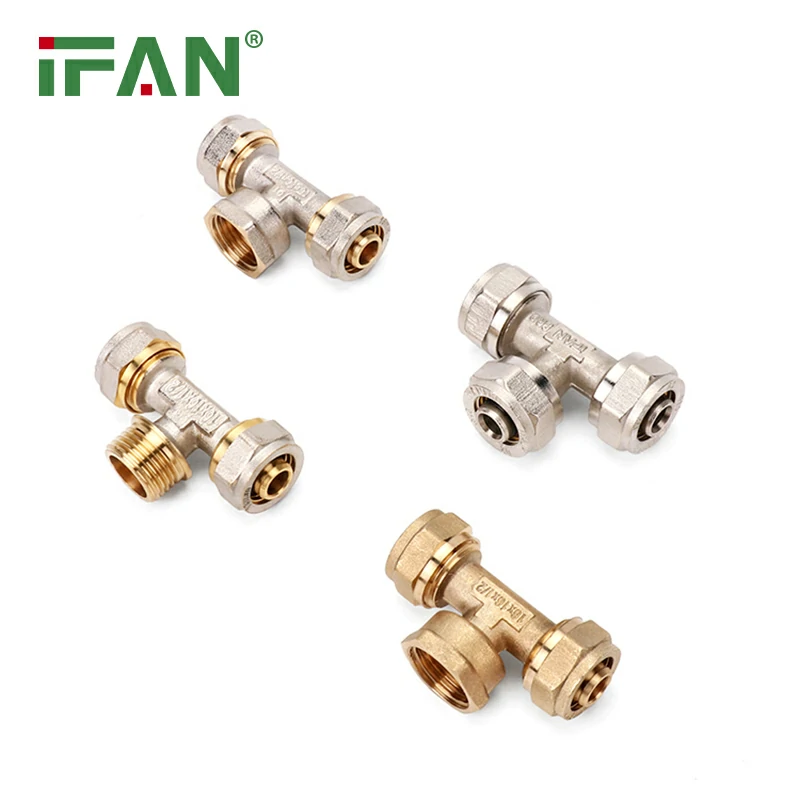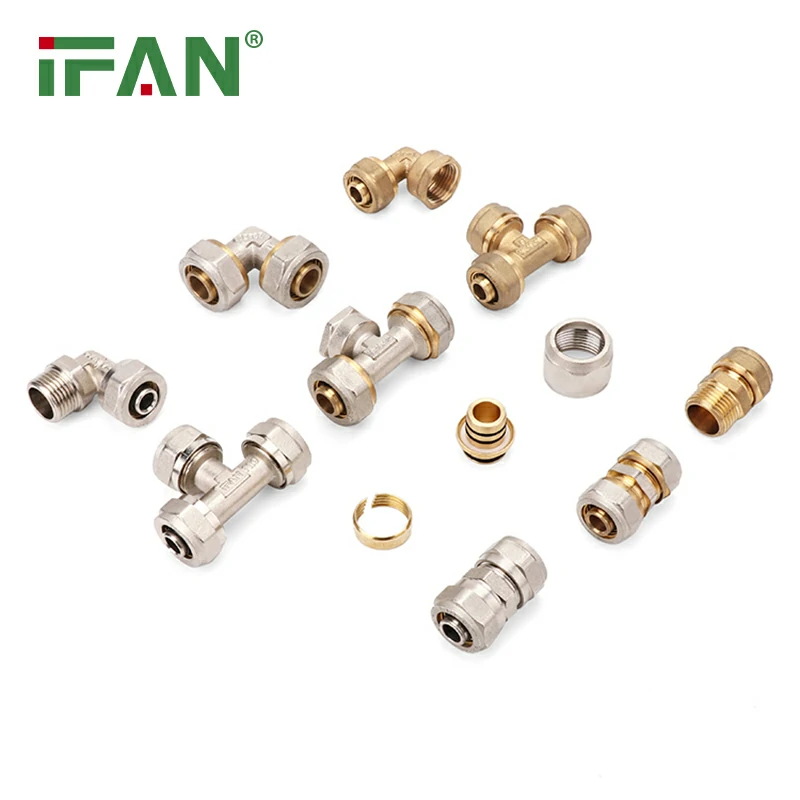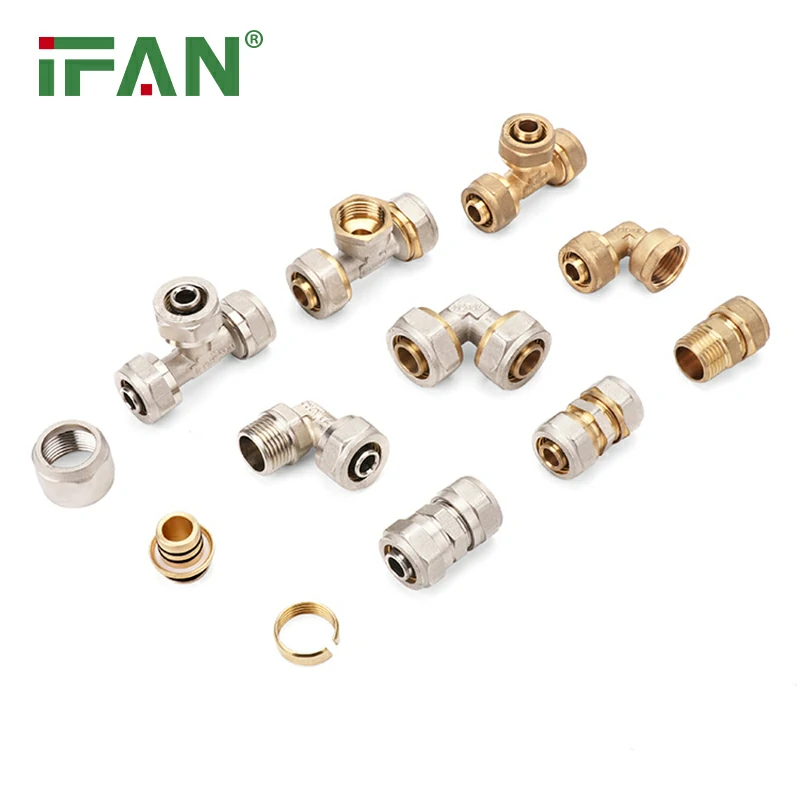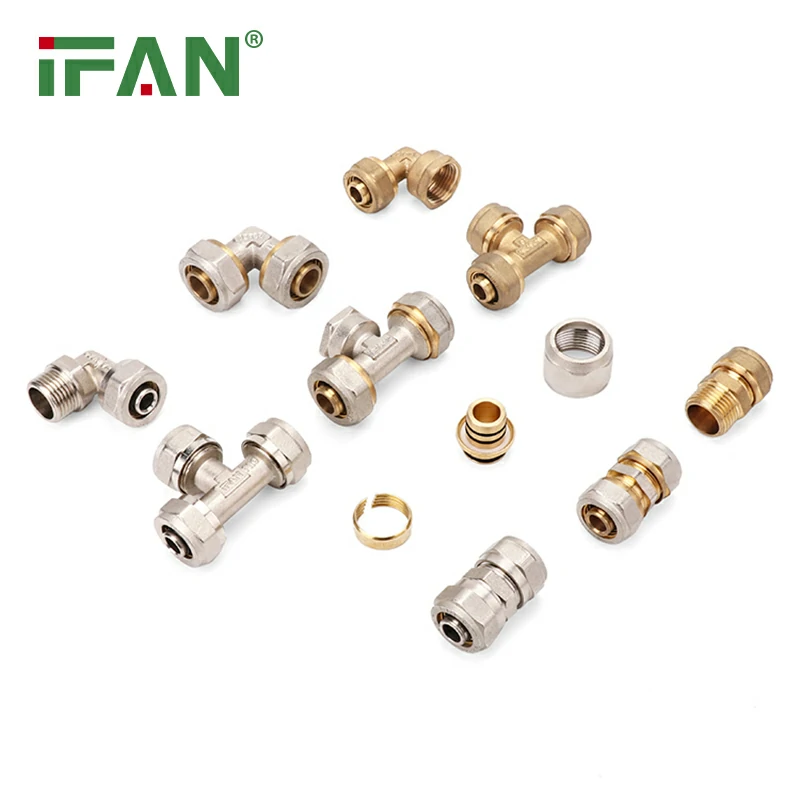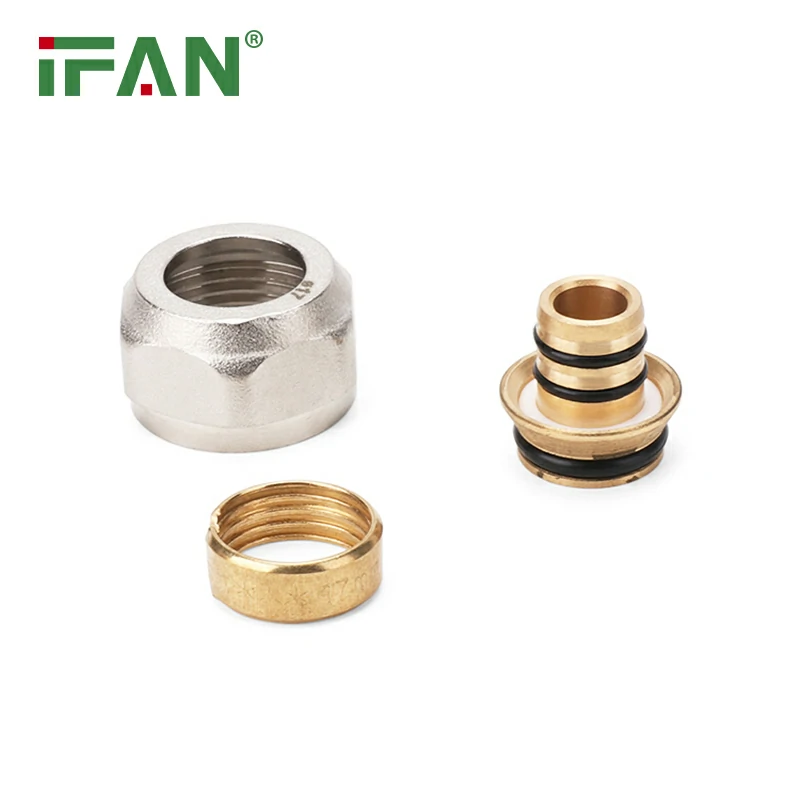Can CPVC pipe be used for water service pipe?
CPVC (chlorinated polyvinyl chloride) pipes are commonly used for water service pipe applications. Here are some considerations regarding the use of CPVC pipes as water service pipes:
1. Potable Water Applications: CPVC pipes are suitable for use in potable water systems, meaning they can transport water intended for human consumption. They have been certified by regulatory bodies, such as NSF International, for compliance with relevant standards for drinking water applications.
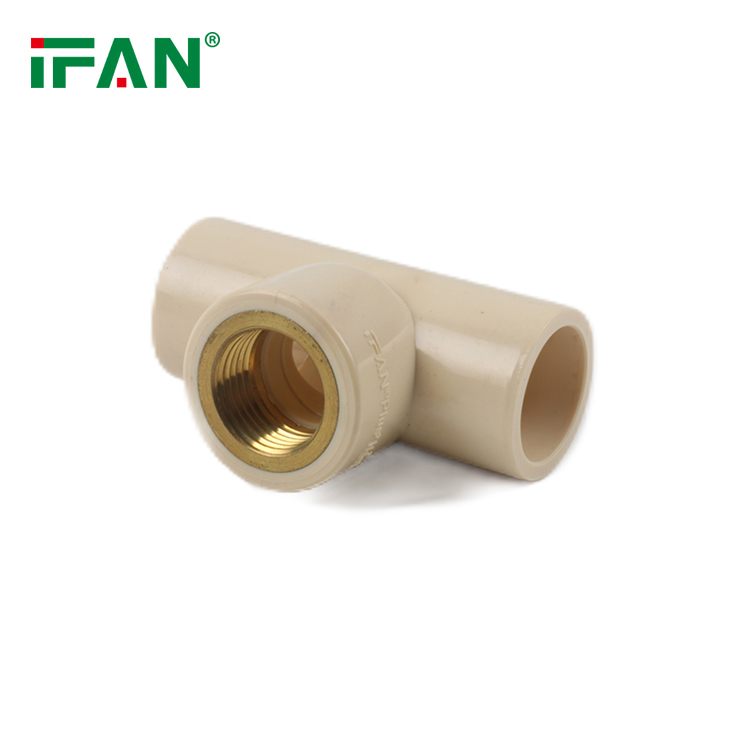
2. Temperature and Pressure Ratings: CPVC pipes have temperature and pressure ratings that make them appropriate for water service applications. They can handle both cold and hot water, depending on the specific CPVC pipe’s temperature rating. It is important to select the appropriate CPVC pipe and adhere to the manufacturer’s specifications for temperature and pressure limits.
3. Chemical Resistance: CPVC pipes offer good chemical resistance, which is beneficial for water service pipes. They can withstand the effects of typical water treatment chemicals, including disinfectants, without significant degradation or loss of performance.
4. Corrosion Resistance: CPVC pipes are resistant to corrosion, unlike metal pipes that may be susceptible to rust or other forms of corrosion. This corrosion resistance ensures the long-term durability and performance of CPVC water service pipes.
5. Flow Characteristics: CPVC pipes provide smooth interior surfaces, minimizing friction and pressure loss within the water service system. This contributes to efficient water flow and improved overall performance.
6. Ease of Installation: CPVC pipes are lightweight, making them easier to handle and install compared to traditional metal pipes. They require fewer fittings and joints, reducing the risk of potential leaks and failures.
It is important to adhere to local building codes, regulations, and standards when using CPVC pipes as water service pipes. Additionally, it is recommended to consult with plumbing professionals or experts to ensure that the specific CPVC pipes and installation practices meet the requirements of the intended water service application.

